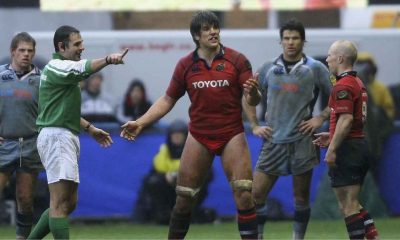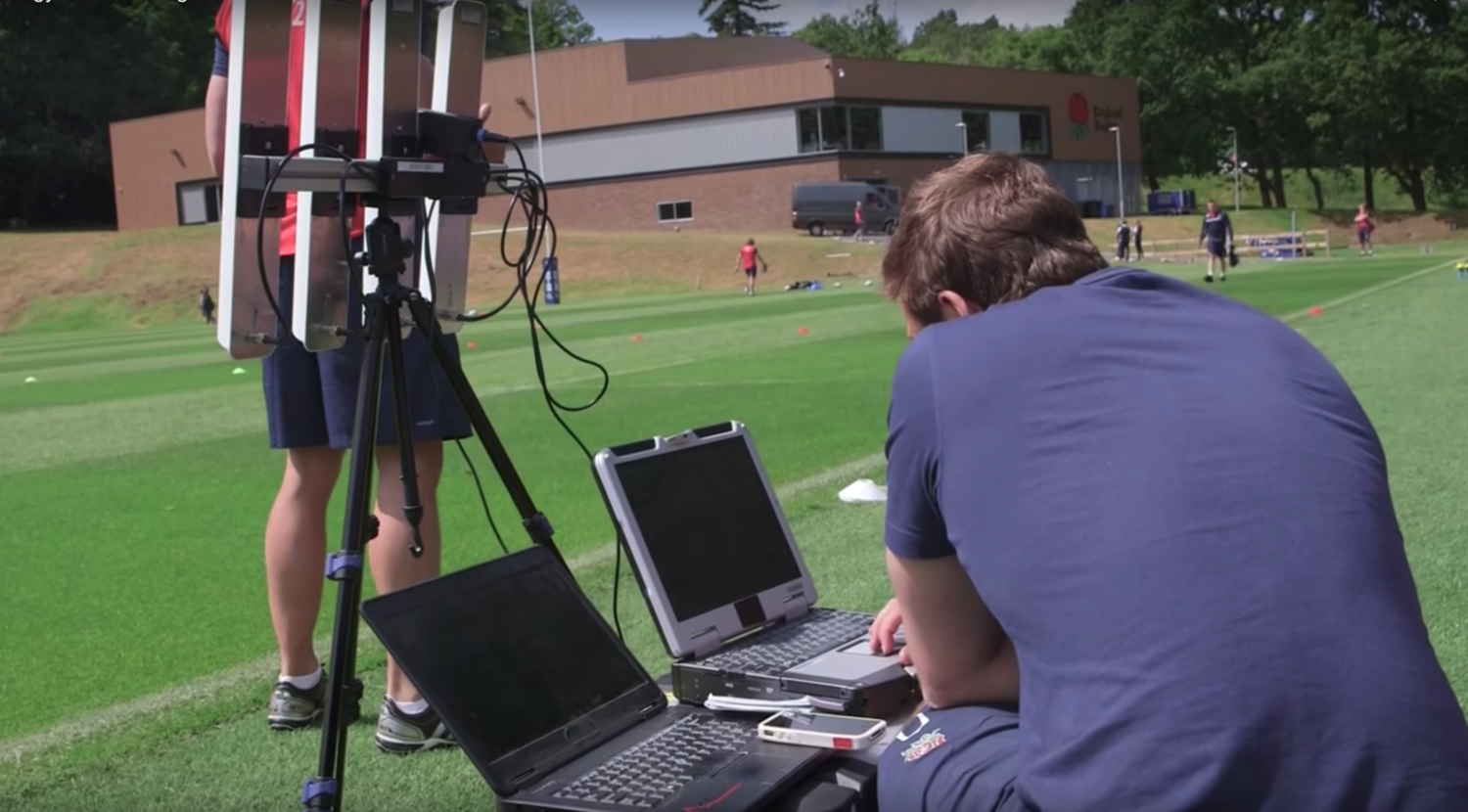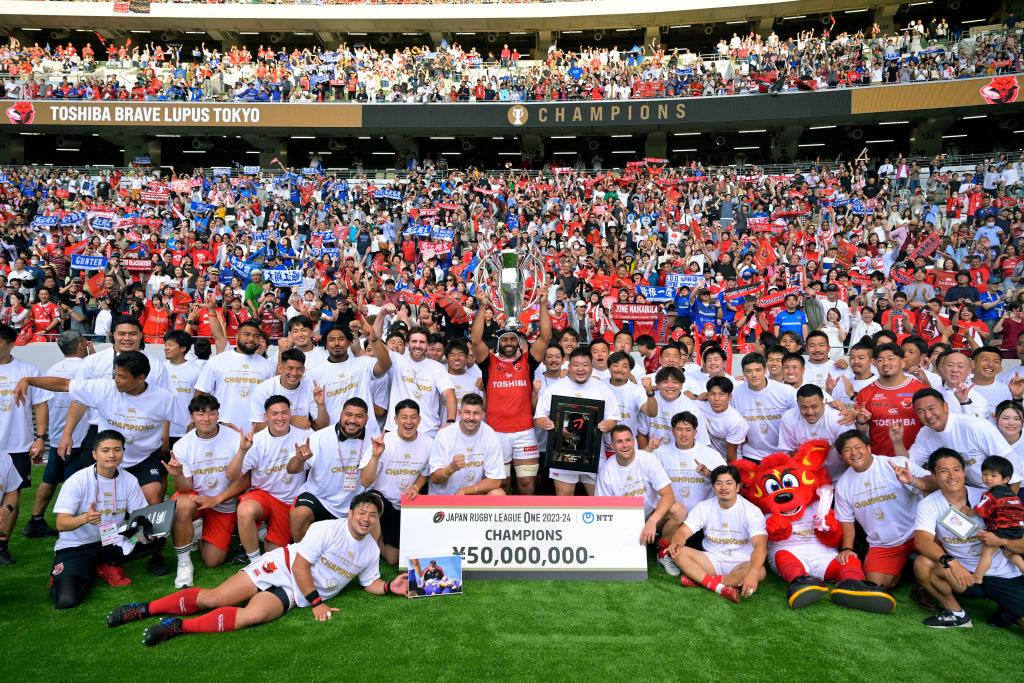Chris Hewett
Without any mystery, it’s barely a game at all
More in Chris Hewett
-


Chris Hewett: Glad we were spared Gianni Infantino’s sycophancy
Just for once, we must congratulate World Rugby on getting it right. Their staging...
-


Chris Hewett: Eben Etzebeth top billing in Springboks rogues’ gallery
Clint Eastwood knows a thing or two about cinema, but if anyone is to...
-


Chris Hewett: Key pieces might yet emerge for England chief Steve Borthwick
The World Cup is all that matters, right? Everything else is 50 shades of...
-


Chris Hewett: These Flying Fijians deserve place in sun
Few historians of the ancient world put it quite this way, but the Peloponnesian...






















